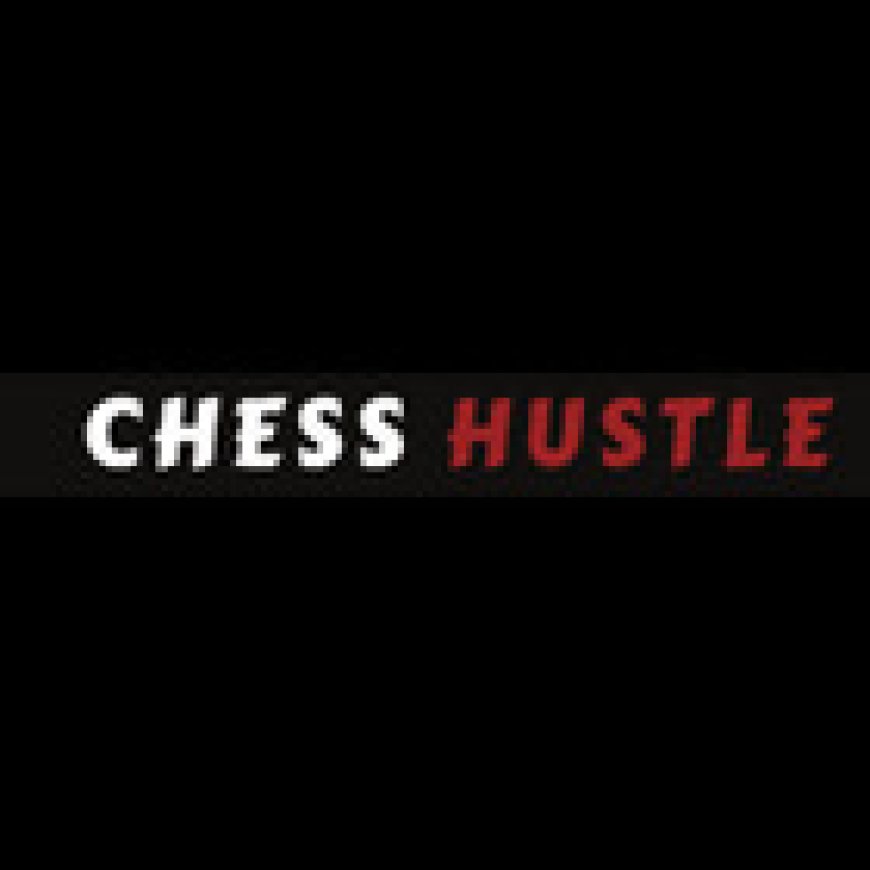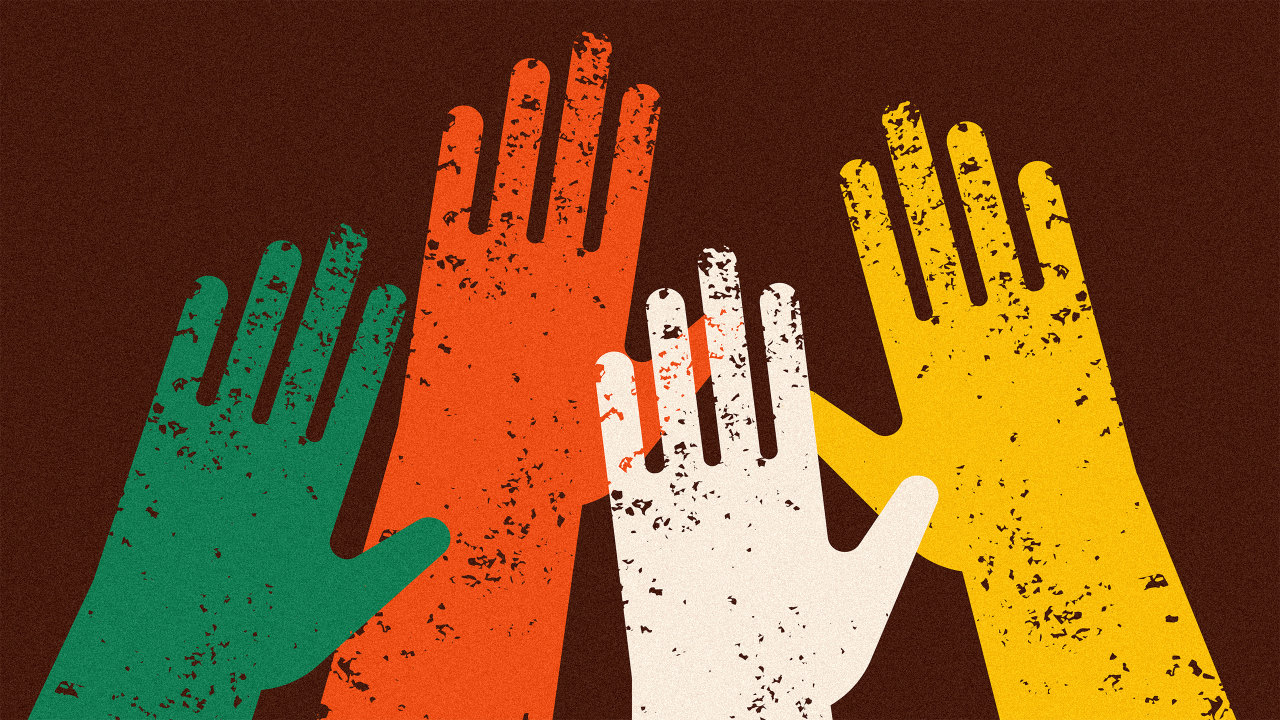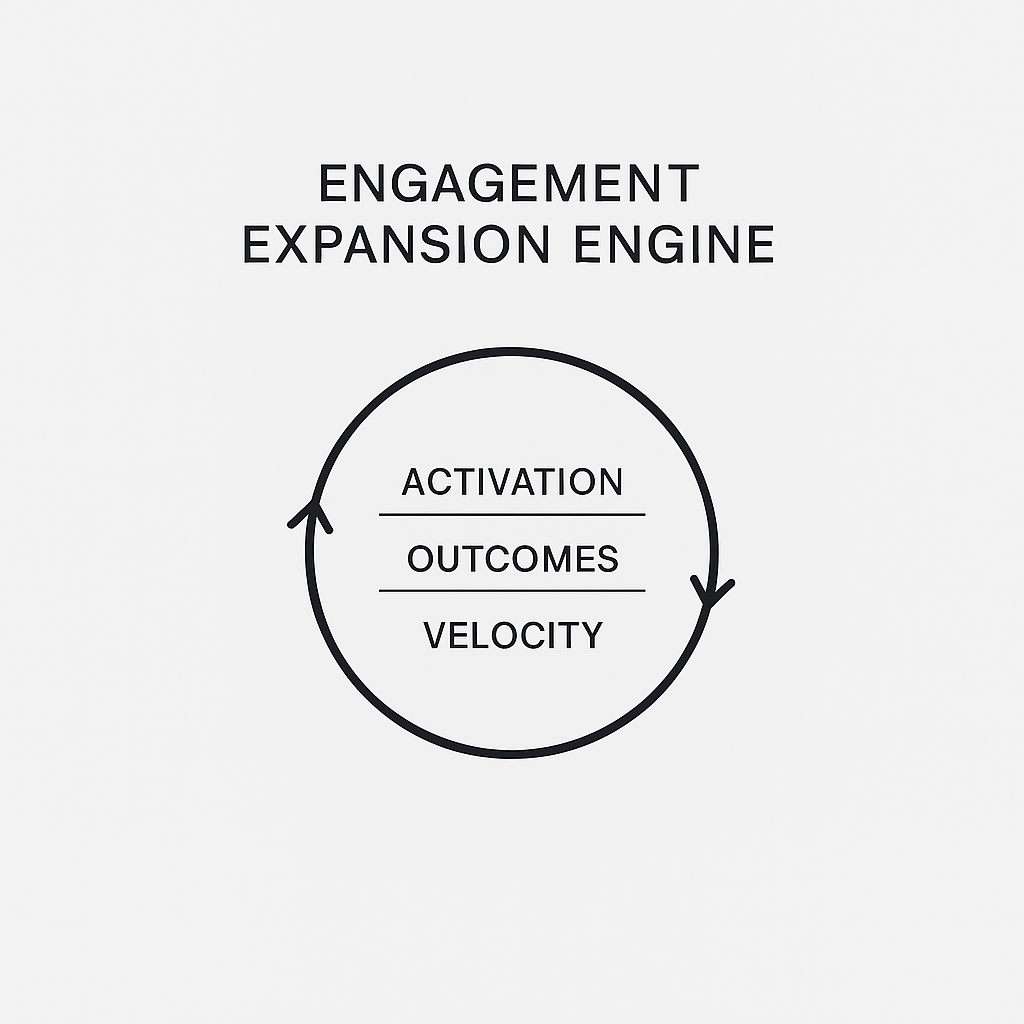How Chess Boosts Brain Power and Problem-Solving Skills
Chess isn't just a game, it is a great way to exercise the mind that strengthens brain power and trains in problem-solving. Each move requires players to think ahead, make tactical decisions, analyse, and develop skills that come in handy in real-life situations.

Chess isn't just a game, it is a great way to exercise the mind that strengthens brain power and trains in problem-solving. Each move requires players to think ahead, make tactical decisions, analyse, and develop skills that come in handy in real-life situations. In this blog, we will elaborate and discuss how chess encourages critical thinking, key skills the chess player develops, and how these skills apply and benefit everyday life.
-
Cognitive Benefits of Chess
Chess acts as a workout for the mind, which actively uses both the creative and logical sides of the brain. Studies show that chess players generally have enhanced memory, cognitive ability, focus and processing speed. Chess builds cognitive flexibility as players are always analysing positions, looking for tactical motifs, and developing plans according to their opponents' moves.
Visit Website:- https://chesshustleonline.com/
-
Improves Long-Term Planning
Every move in chess should always help contribute to a grander plan. In chess, players often have many moves planned; you will always have to be thinking about possible threats, but additionally, you need to consider possible opportunities. Long-term plans help develop long-term foresight and force you to think about the current and future possibilities of your actions, which is a great way of problem-solving skills in the real world.
-
Building Confidence from Making Difficult Decisions
In chess, you will sometimes find yourself in difficult situations with many consequences after every move. Success requires evaluating your options and then making what you deem to be the best possible decisions under time constraints. As you practice time constraints, you will develop your ability to act, along with your confidence to deal with difficult decisions in everyday life.
-
Developing Analytical Thinking Skills through Pattern Recognition
Chess players are always looking for a pattern or tactic they can employ, especially forks, pins, and skewers. Through developing analytical thinking skills and by remembering the tactics and patterns of the game, players can make the best move instantly. As a player recognises patterns, they become less reliant on expecting moves to take and more open to approaching complex problems analytically and identifying possible solutions with ease.
-
Foresight and Flexibility
Chess is a game of foresight, forcing players to not only think many moves ahead but also to think about the other players and their plans. This imaginative leap facilitates the ability to re-evaluate potential threats and respond accordingly. This awareness of being able to anticipate the possibility of others acting is a great advantage in problem solving, as it allows you to become more holistic and provide an anticipated means to problems and solutions.
-
Applying Logical Thought to Problem Solving
Chess is viewed as a reasonable endeavour. It is the process of the new decision update, considering the decision update about the complete perspective of the game (scenario), then and only then can the chess player incorporate that previous experience and apply it to the next decision update within the contours of their identified complete perspective. Logical thought paired with deductive reasoning is routinely done at the board and is invaluable to decision-making throughout life.
-
Memory Development through Practice
Having an extensive amount of opening lines, endgame techniques and common patterns, it follows that memory is greatly activated in chess. Besides the memory aspect, concentration affects the game of chess and the chess player's ability to concentrate intensely and for extended periods due to the immediate threat of a decision changing the course of the game. Regular and disciplined practice of awareness can allow for both memory and focus conditioning processes to be strengthened, and both are prerequisites to effective problem solving.
-
Navigating Complexity and Ambiguity
Life is a lot like chess in that things are seldom black or white. Chess players develop the ability to deal well with ambiguities while also developing an appreciation for complex problems and situations with many components and variables. The strength and adaptability of players to solve problems and work creatively under the uncertainty of constrained or incomplete information reflect reality and are useful there.
-
Learning from Failure
Failing in chess and other games virtually always happens to everyone, even the best players. Analysing how you lost is a common method of improvement amongst players. While reviewing your loss will let you learn what went wrong after a game and give you the skills to avoid similar mistakes next time you play, it also adds to your growth mindset, showing you that failure means you are learning and developing, which is an important lesson in any area.
-
Using Chess Principles in Life
The skills developed from chess can be utilised in life, whether in social relationships, work projects or personal life goals. Here are some examples of how some of the chess skills are used:
-
Strategic Planning: Chess players are usually adept at long-range planning and goal setting.
-
Risk Management: Knowing when to take risks and when to play safe can help with financial planning and management, and knowing when to invest.
-
Patience and Persistence. Chess teaches patience and persistence, and can help you learn to manage through obstacles.
Conclusion
Chess is a great product for developing brain power and problem-solving skills. As chess cultivates strategic planning, patience and logic, chess players are provided with tools that will help them approach problems in various aspects of their lives. Beginning or advanced chess players can use chess as a learning tool, promoting sharper mental skills, more confidence, and improved decision-making on and off the board.
Visit Website:- https://chesshustleonline.com/


































































![https //g.co/recover for help [1-866-719-1006]](https://newsquo.com/uploads/images/202506/image_430x256_684949454da3e.jpg)
























![How Smart PMs Scale Their Careers in Any Org [TPG Live Recap]](https://tpgblog.com/wp-content/uploads/2025/06/2025-06-12-thumbnail-action.png?#)

















































